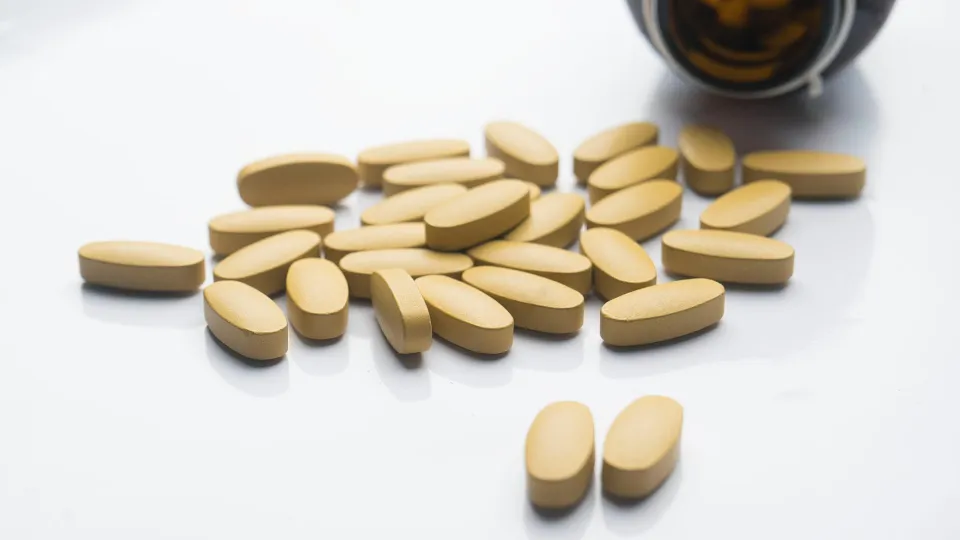News Releases
News Release
Ulrich Steidl, M.D., Ph.D., Elected to Association of American Physicians
June 10, 2025
News Release
Amanda Raff, M.D. ’98, Appointed Senior Associate Dean for Medical Education
June 5, 2025
In the News
Red Light Therapy Can Benefit the Skin, a Westchester Expert Explains
Cosmetic dermatologist, Kseniya Kobets, M.D., shares the benefits of red light therapy for a person’s hair and skin.
July 9, 2025
DNA Testing Kits – Are They Worth It?
Clinical geneticist, Susan D. Klugman, M.D., discusses how to protect genetic data.
July 3, 2025
Americans in Their 80s and 90s Are Redefining Old Age
The Einstein Aging Study, led by Richard Lipton, M.D., seeks to “make Alzheimer’s a memory” by improving early detection and pinpointing risk factors.
May 28, 2025
Header
Experts for Media
Header
Experts for Media
Research
July 24, 2025
July 8, 2025

















